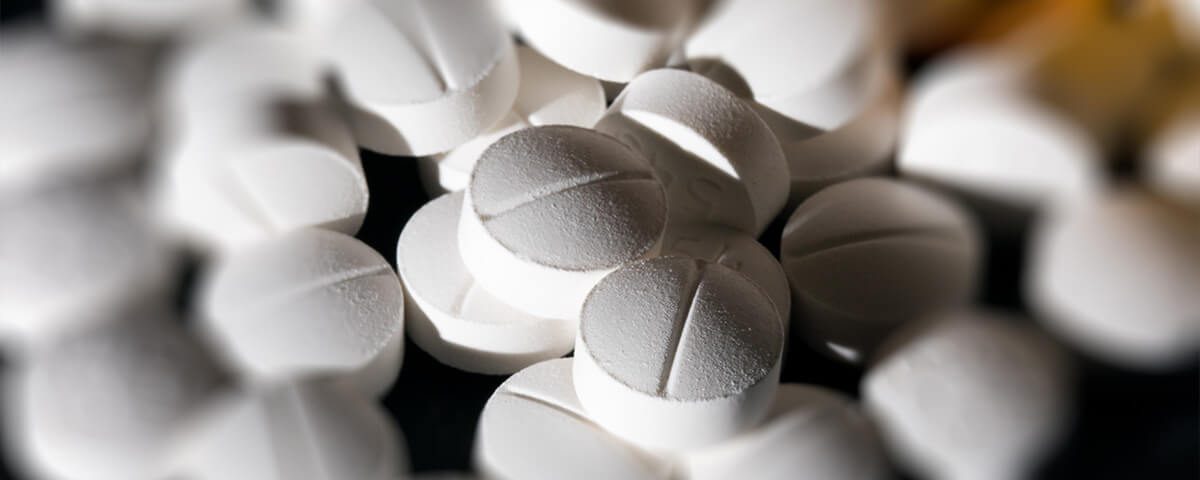The opioid crisis we are seeing in this country is a nationwide epidemic that has caused so much pain for numerous individuals and their families.
Opiates – also referred to as opioids, opium, and narcotics – are derived from the poppy plant. Common opiates include heroin, morphine, codeine, and opium. According to the National Institute on Drug Abuse, more than 115 people in the United States die after overdosing on opioids every day. This can be devastating news for loved ones who are experiencing active addiction in the family. The first step to getting help is recognizing the need for it. Our Banyan Chicago rehab center is sharing common signs of opiate addiction to look out for.
Signs of Opiate Addiction
Opioids work by attaching to opioid receptors in the central nervous system and other areas of the body. The drug then triggers various regions of the brain linked to pleasure and mood, such as the brain’s reward system – otherwise known as the nucleus accumbens.
Dopamine, a neurotransmitter linked to mood and pleasure, is then activated by the opioid in question, flooding the brain and causing a high. An opioid high is characterized by extreme euphoria and sedation, as well as an overall numbness of pain, which is why abusers of these drugs often become severely addicted.
The euphoria that is experienced during an opiate high can be so intense that even prescription opioids can lead to an addiction. Considering the frequency at which these drugs are prescribed and the high rate of opioid abuse in the U.S., recognizing the signs of opiate addiction early on can prevent a person’s addiction from becoming fatal.
With this in mind, opiates can impact a person both physically and behaviorally. Common physical signs of opioid abuse include:
- Very small pupils
- Confusion about what is going on around them
- Slower reaction time
- Slower breathing rate
- Extreme drowsiness and even sedation when the euphoric state is over
- Poor hygiene or lack of hygiene
- Unusual odors or body odor due to lack of personal hygiene
- Glossy eyes
- Difficulty staying awake
- Lack of responsiveness
- Poor balance and motor control
- Nausea and/or vomiting
- Diarrhea
- Withdrawal symptoms when the person isn’t using the drug
Withdrawal symptoms are the most common opiate addiction signs, especially if the individual hasn’t been prescribed any medications. Common opioid withdrawal symptoms include anxiety, restlessness, insomnia, body aches, sweating, vomiting, and more. In these cases, medically supervised detox is the safest way to detox from opioids.
In addition to physical changes, there can also be numerous lifestyle and behavioral changes that should be seen as red flags for substance abuse, specifically opiate abuse. Common behavioral opioid addiction signs include:
- Frequent anger outbursts that come out of nowhere
- Visits to different doctors to obtain more painkillers (doctor shopping)
- The faking of symptoms to be prescribed more medication from said doctors
- Neglecting daily responsibilities, such as work and school priorities
- Healthy relationships becoming ruined from the addiction
- Frequent lying and secrecy to try and cover up the substance abuse
- Withdrawing from loved ones
- Sudden weight loss
- Looking pale or undernourished
- Clothes do not fit the same
Opioid Addiction Treatment
If your loved one is experiencing any of the above signs and symptoms of opioid addiction, it may be time to sit them down and discuss treatment options. Admitting you have a problem is the first step to a successful recovery journey.
Our Chicago PHP rehab is here to help you truly get clean. Call Banyan Treatment Centers today at 888-280-4763 for more information about our Illinois addiction treatment for opioids.
Related Reading:









